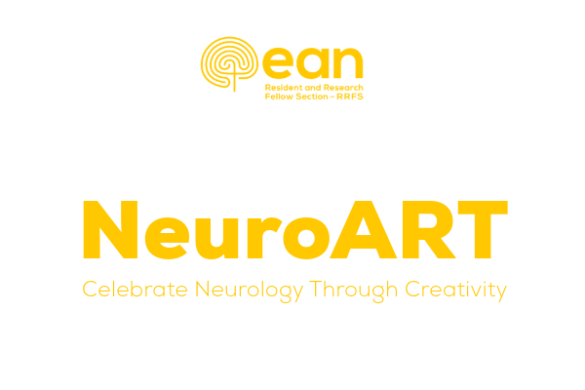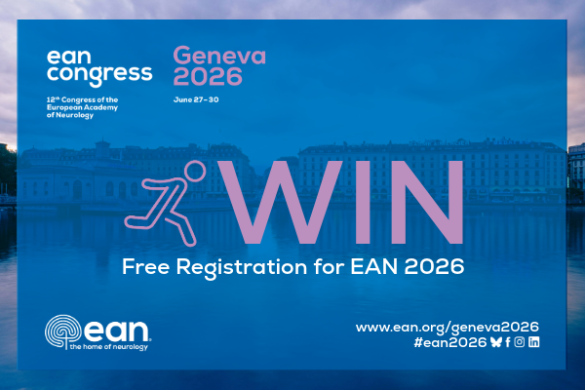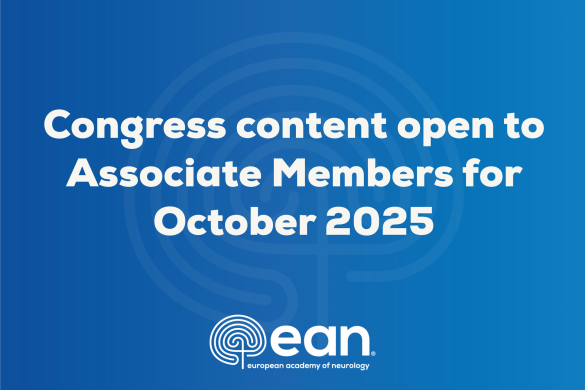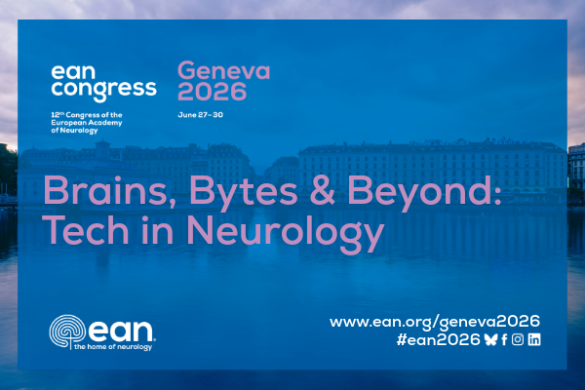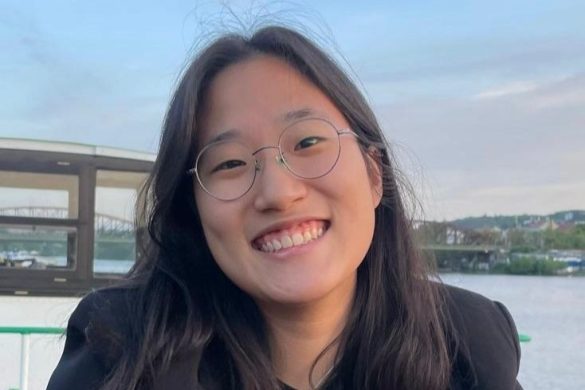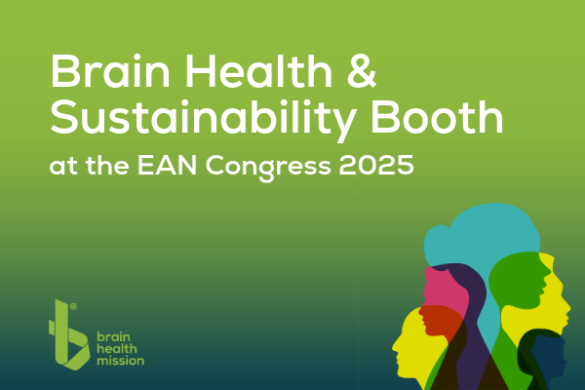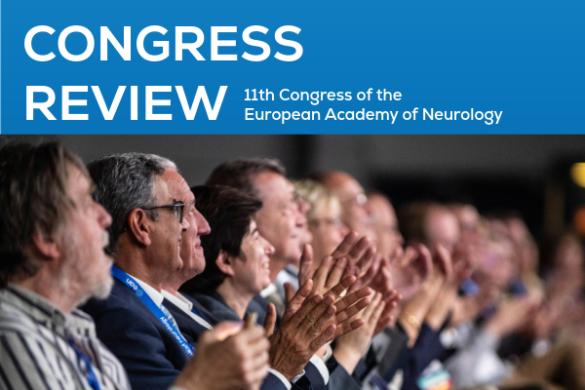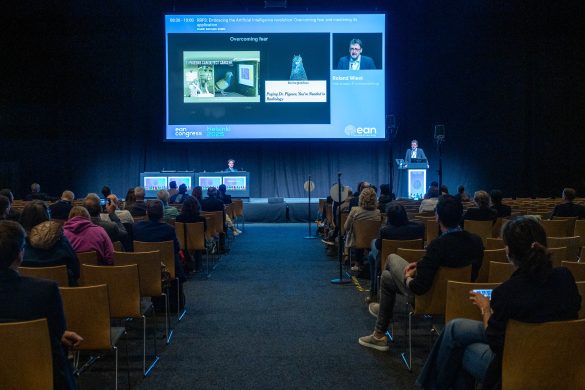By Francesco Germano
The Special Session EAN/EPA: COVID-19 at the crossroads of Neurology & Psychiatry took place on the final day of EAN 2023 in Budapest, moderated by Prof. Geert Dom and Prof. Johann Sellner.
The first lecture ‘COVID-19: a triple threat’ was presented by Prof. Livia De Picker. In her talk, she showed us an overview of all the psychiatric problems related to the COVID-19 pandemic, presenting a series of data that highlighted how the issue has been and still is bigger than we thought. During the pandemic, patients with pre-existent psychiatric disorders had a higher risk of hospitalisation than those individuals without psychiatric disorders; and patients with severe mental illness, including psychotic and mood disorders, had twice the risk of death than patients with other mental disorders. Although we can rely on the fact that often these patients respond very well to therapies, it’s essential that these problems are promptly recognised and adequately treated. Finally, the key role of the research is extremely important to deeply understand the mechanism underlying COVID-19 and psychiatric disease.
The second lecture ‘Psychiatric post-COVID-19 conditions’ was presented by Dr Christian Stubbe. In his talk, he focused on how the COVID-19 pandemic had a profound impact on global mental health, raising concerns for a wide range of psychiatric conditions. Psychiatric post-COVID-19 conditions have emerged as a significant concern in the aftermath of the pandemic. Survivors are experiencing a range of symptoms and mental health challenges, spanning from anxiety, depression, fatigue, and post-traumatic stress disorder due to the trauma of the disease. All these symptoms were studied in the Post-COVID-care Study. As we move forward, correctly addressing these conditions is crucial. Providing accessible mental health support and a multidisciplinary approach represent essential steps towards helping individuals to recover and fostering a more resilient society.
The third lecture, ttitled ‘The clinical spectrum and pathogenesis of neurological COVID-19 manifestations’ was held by Dr Francesco Cavallieri. The lecture was focused on COVID-19 related neurological manifestations.
Neurological manifestations of COVID-19 encompass a diverse range of symptoms, including but not limited to, anosmia, ageusia, headache, dizziness, encephalopathy, ischaemic stroke, and even more rare conditions like Guillain-Barré syndrome and acute disseminated encephalomyelitis. These manifestations can occur independently or in conjunction with respiratory symptoms.
The pathogenesis of neurological COVID-19 manifestations is multifactorial. The SARS-CoV-2 virus can directly affect the central nervous system (CNS) through the olfactory nerve or bloodstream, causing neuroinflammation, endothelial dysfunction, and immune dysregulation. Additionally, the virus can indirectly impact the CNS by triggering an excessive immune response and a systemic inflammatory cascade. In conclusion, COVID-19 can present with a wide spectrum of neurological manifestations, pointing to the involvement of the nervous system. Exploring the pathogenesis behind these neurological complications is essential for timely diagnosis, treatment, and improved patient outcomes.
In the last lecture, titled ‘Post-Covid-19: what is the role of neurorehabilitation’, Prof. Sasa Filipovic showed how neurorehabilitation plays a vital role in addressing the neurological sequelae and facilitating the patient’s journey towards a better quality of life.
Post-COVID-19 neurorehabilitation focuses on addressing the wide range of neurological complications that may arise as the result of the infection. Many survivors experience residual symptoms such as muscle weakness, balance and coordination difficulties, cognitive impairments, and emotional disturbances. Neurorehabilitation interventions aim to promote recovery, restore function, and improve the quality of life for these individuals.
The role of neurorehabilitation in post-COVID-19 care is multifaceted. It encompasses various disciplines, including physical therapy, occupational therapy, speech therapy, and cognitive rehabilitation. With subject-focused tailored exercise programmes, gait training, respiratory therapy, and cognitive exercises, neurorehabilitation helps individuals regain strength, improve mobility and cognitive abilities, and enhance emotional well-being.
In conclusion, neurorehabilitation plays a crucial role in the post-COVID-19 recovery process, addressing the neurological consequences that can persist after the infection. By providing comprehensive and personalised care, neurorehabilitation supports survivors in reclaiming their health and functionality.





